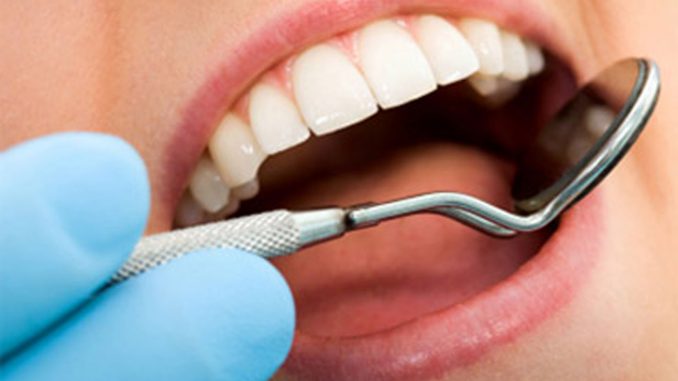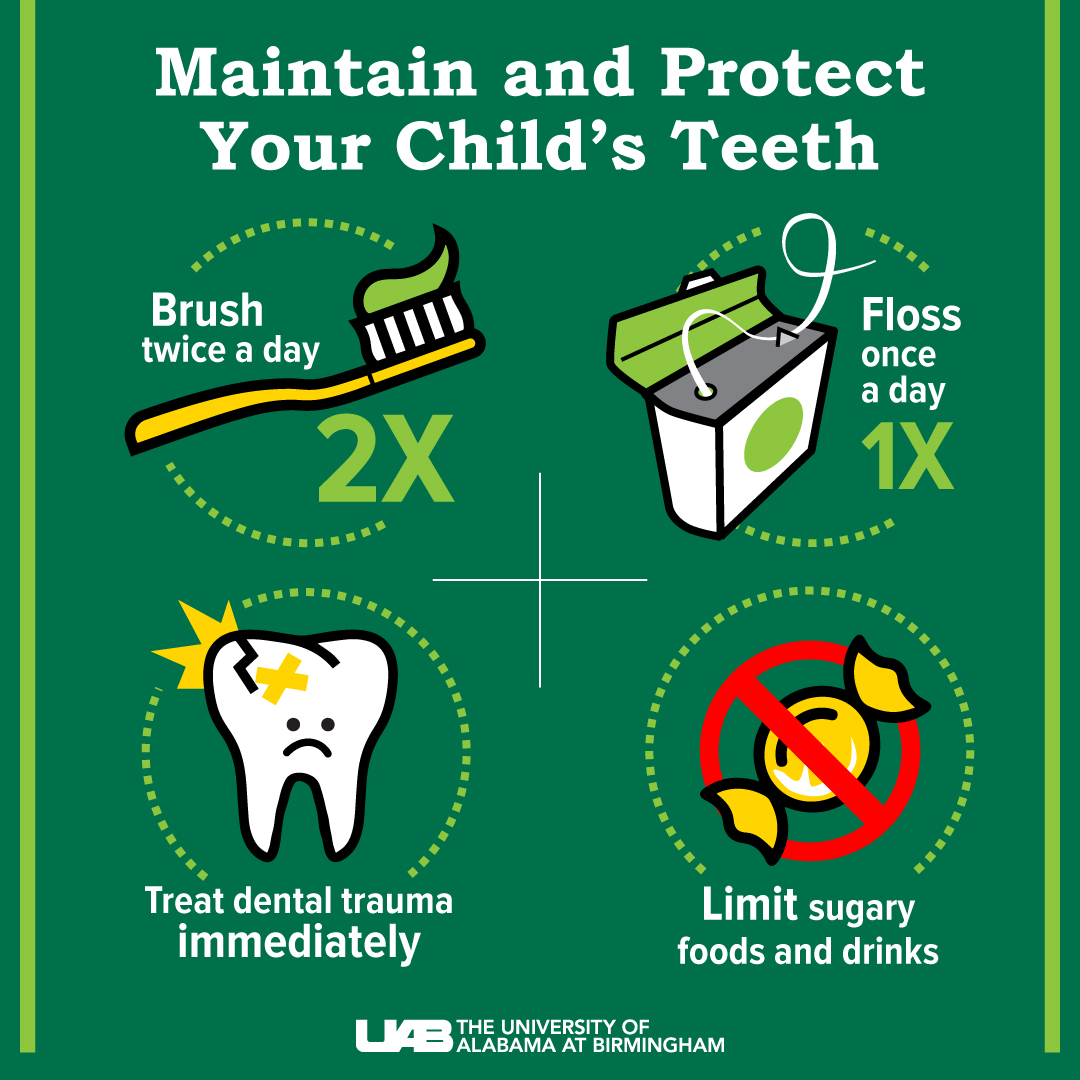Understanding the Importance of Preventative Dental Care
Preventative dental care is far more than just brushing and flossing. It’s a proactive approach to maintaining optimal oral health, preventing problems before they arise, and ultimately saving you time, money, and discomfort down the line. Regular checkups and cleanings are the cornerstones of this approach, allowing your dentist to detect and address potential issues early on, when treatment is often simpler and less invasive. Think of it as an investment in your overall well-being, as oral health is closely linked to your general health.
The Power of Professional Cleanings
Even with diligent home care, professional cleanings are crucial. Your dentist and hygienist use specialized tools to remove plaque and tartar buildup that your toothbrush and floss can’t reach. This buildup, if left untreated, can lead to gum disease (gingivitis and periodontitis), tooth decay, and even tooth loss. Regular cleanings typically involve scaling and polishing, leaving your teeth feeling smooth and your smile looking its best. They’ll also provide valuable feedback on your at-home oral hygiene routine.
The Crucial Role of Regular Dental Checkups
Beyond cleanings, regular checkups are essential for early detection of potential problems. Your dentist will conduct a thorough examination, checking for cavities, gum disease, oral cancer, and other issues. Early detection significantly improves the chances of successful treatment and prevents minor problems from escalating into major ones. During these checkups, your dentist can also discuss any concerns you might have, answer your questions, and provide personalized advice on maintaining optimal oral health.
Mastering the Art of Brushing and Flossing
Effective brushing and flossing are the foundations of good oral hygiene. You should brush your teeth twice a day for at least two minutes each time, using a fluoride toothpaste and a soft-bristled toothbrush. Focus on gentle, circular motions, paying attention to every surface of each tooth. Flossing once a day helps remove plaque and food particles from between your teeth and along the gumline, areas your toothbrush can’t reach. Using the correct technique is vital for effective cleaning; your dentist or hygienist can demonstrate the proper methods if needed.
Dietary Choices and Oral Health
What you eat and drink significantly impacts your oral health. A diet high in sugary and acidic foods and drinks increases your risk of tooth decay. These substances erode tooth enamel, making your teeth more susceptible to cavities. Limiting your intake of sugary and acidic items is essential. Opt for a balanced diet rich in fruits, vegetables, and whole grains. Drinking plenty of water helps rinse away food particles and neutralize acids in your mouth.
Addressing Specific Oral Health Concerns
Certain individuals may have specific oral health concerns requiring extra attention. These might include dry mouth, sensitive teeth, bruxism (teeth grinding), or orthodontic treatment. Addressing these issues proactively is vital. Your dentist can recommend strategies to manage these concerns, such as special mouthwashes, fluoride treatments, mouthguards, or other therapies. Open communication with your dentist is key to addressing any specific needs and ensuring effective preventative care.
The Importance of Choosing the Right Dental Products
Selecting the right dental products plays a crucial role in your preventative dental care routine. Opt for a fluoride toothpaste that’s approved by your dental professional. Choosing a soft-bristled toothbrush helps prevent gum irritation and damage to tooth enamel. Consider using an interdental brush or floss picks to clean hard-to-reach areas. Regularly replacing your toothbrush (every three to four months or sooner if the bristles are frayed) is essential to maintain its effectiveness. Don’t hesitate to ask your dentist for recommendations on suitable products tailored to your needs.
Beyond the Basics: Additional Preventative Measures
Beyond the basics, there are additional steps you can take to enhance your preventative dental care. This includes using a fluoride mouthwash, especially if you’re prone to cavities. Quitting smoking drastically reduces your risk of gum disease and oral cancer. Managing chronic conditions like diabetes can also significantly improve your oral health. Finally, regular visits to your dentist are the most crucial aspect; schedule regular checkups and cleanings, and address any concerns promptly. Read also about preventive dental care.








